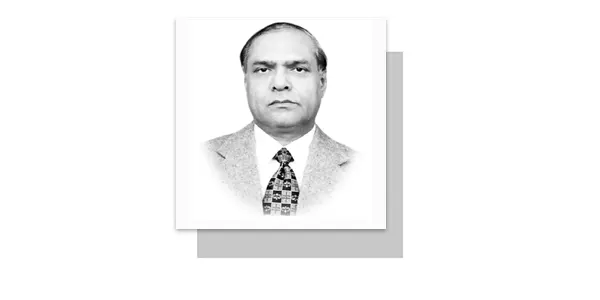IN the 19th century, the American writer O. Henry (William Sydney Porter, 1862–1910) coined the term banana republic to describe the fictional Republic of Anchuria in the book Cabbages and Kings (1904), a collection of thematically related short stories inspired by his experiences in Honduras, whose economy was heavily dependent on the export of bananas. He lived there for six months until January 1897, hiding in a hotel while he was wanted in the US for embezzlement from a bank.
In the early 20th century, the United Fruit Company, a multinational American corporation, was instrumental in the creation of the banana republic phenomenon. Together with other American corporations, such as the Cuyamel Fruit Company, and leveraging the power of the United States government, the corporations created the political, economic and social circumstances that led to a coup of the locally elected democratic government that established banana republics in Central American countries such as Honduras and Guatemala.
When someone mentions a “banana republic,” they’re referring to a small, poor, politically unstable country that is weak because of an excessive reliance on one crop and foreign funding. The term originated as a way to describe the countries in South America which were heavily dependent on their exports to America. Responding to the events that unfolded leading up to and during the January 6 attack on the Capitol the government officials commented that they resembled the instability of banana republics that were known for ignoring election results and overturning those results with coups – that’s exactly what happened in Costa Rica in 1917.
When American politicians and political commentators use the term, they’re often trying to conjure up images of corruption, repression and failure to stop executive overreach. They’re equating government officials with the tinpot dictators supported by foreign interests who acted with impunity to govern by force and persecute their opponents. Currently there are over 1200 cases of corruption and money laundering under investigation/litigation in USA but in 99.9% cases there are no convictions. This is what actually happens in other countries of Europe, Asia and Africa due to weak prosecution system and loopholes in law. This is the major characteristic of a banana republic.
Generally, a banana republic will see continued civil unrest leading to insurgencies or coup attempts. An unstable government is largely driven by widespread corruption by government officials. Further, the government may be oppressive and heavily oppose the lower class. Usually, banana republics have widespread poverty with an economic dependency on the upper class or business elites. There is a significant gap between the upper classes and the lower class citizens. Most of the country’s infrastructure will be owned by foreign investors and the country’s economic standing will be based on minimal natural resources.
Another pivotal characteristic of a banana republic is the deliberate targeting of political adversaries or dissenting voices within the opposition. Leaders often employ a spectrum of oppressive tactics, ranging from manipulating legal proceedings with fraudulent trials to resorting to outright violence, including assassination attempts. These actions serve to consolidate power, subvert democratic principles and pave the way for authoritarian rule. The rapid erosion of institutional integrity and democratic norms can swiftly morph a formerly stable nation into a breeding ground for corruption and oppression. As Ronald Reagan astutely observed the preservation of freedom and democracy demands perpetual vigilance and fortification against such insidious threats.
Highly corrupt governments, often elected on anti-corruption promises, characterize banana republics. These nations suffer from unfair elections, corrupt police and violent vigilantes. An autocratic executive dominates, stacking courts with loyalists, while a compliant Congress bows to their authority. Blaming foreigners for domestic economic woes is common, alongside frequent impeachment attempts and demonization of opponents. Polarized electorates, propagandist schools and elite policymaking deepen societal divides. Reckless spending leads to soaring debt and inflation. Successive administrations prosecute predecessors, eroding civic norms. Loyalty to rulers is demanded from officials, including law enforcement. Economic policies favour ruler cronies, while voters prioritize personalities over policies, manipulated by government economic data.
According to James Curry, Professor of Political Science at the University of Utah, politicians have seemingly been using the word to mean something different than its usual meaning. “In recent years we have seen people increasingly use the term “banana republic” to describe a democracy in decline, or a government in chaos or disorder. In recent days it has basically become the buzzword used by folks to describe their disgust in the attack on the US Capitol Building and President Trump’s reluctance to concede the 2020 election to President Elect-Joe Biden, But the term was originally coined to describe a country that is controlled economically by a single industry or powerful corporation, and is for that reason, political unstable”, he says.
Based on what has been described above, we have to ponder over and compare the characteristics of a banana republic with our beautiful country. What has happened since our independence and is happening in our land of “Pure”, does not need to be elaborated. As a strong patriotic individual, I leave the choice to readers to reach the conclusion where we stand. Do we want to be labelled as a “New Super Banana Republic” or rise collectively to be a strong and respectable nation?
—The writer is Former Civil Servant and Consultant (ILO) & International Organisation for Migration.










